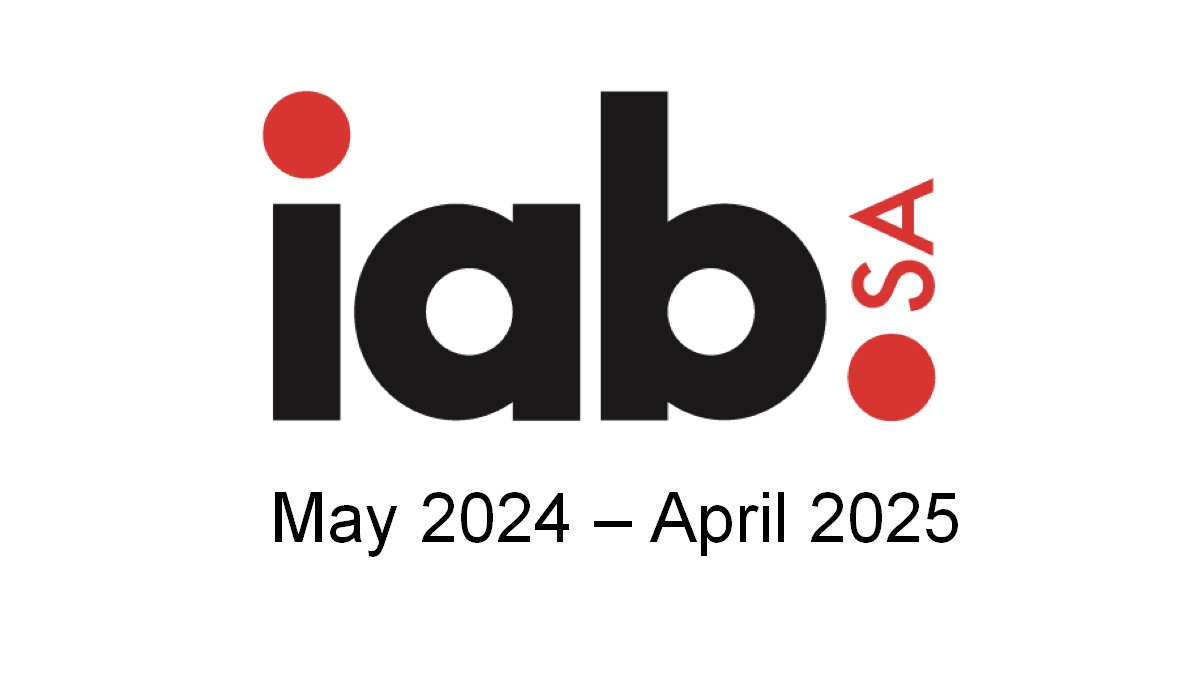Johannesburg – The Universities South Africa (USaf) board of directors has ruled out the possibility of granting amnesty to student debt accumulated from unpaid tuition and residence fees over the years.
USaf, which comprises all vice-chancellors of South Africa’s 26 public universities, said scrapping the close to R14-billion owed to universities would have a detrimental effect on the long-term sustainability of the institutions of higher learning.
This is as the vice-chancellors also took a swipe at former president Jacob Zuma for his decision to announce “free education” at the ANC’s elective congress in Nasrec in 2017.
“In the end, the vice-chancellors agreed that every institution would devise a mechanism suited to its own context to resolve the crisis that arose when student organisations called for a national shutdown, unless universities abolished the upfront fees required to register, and met a raft of numerous other demands,” the entity said after its meeting.
“The general view was that the current financial crisis could not be solved at institutional level. In fact, the USaf board agreed that due to the ailing economy, exacerbated by Covid-19, South Africa could not afford the national bursary scheme that was politically declared in December 2017.”
USaf agreed that all 26 universities would determine debt-relief mechanisms on a case-by-case basis to enable academically deserving students to register and complete their studies without undermining the underlying financial stability of each institution. Minister of Higher Education Blade Nzimande has agreed with USaf that a task team be established to begin work on a longer-term solution to support a sustainable student financial aid system.
Last month, students embarked on a nationwide shutdown, calling for universities to meet their demands.
Just this week, academic activities at Walter Sisulu University in the Eastern Cape were suspended due to ongoing student protests.
They want an end to financial exclusion and the scrapping of historical debt.
Last month, Nzimande told parliament’s portfolio committee on higher education that he will present a comprehensive proposal to cabinet in June on how to tackle funding of university students.
Student protests are not limited to universities, but extend to technical and vocational education and training (TVET) colleges.
Students at Ehlanzeni TVET College in Mbombela, Mpumalanga, embarked on a protest on Tuesday demanding outstanding examination results, accommodation and an end to financial exclusion.
Bamanye Matiwane, the president of the South African Students Congress, said they were concerned that many vulnerable students were evicted from their residences due to non-payment.
Follow @SundayWorldZA on Twitter and @sundayworldza on Instagram, or like our Facebook Page, Sunday World, by clicking here for the latest breaking news in South Africa. To Subscribe to Sunday World, click here.
Sunday World




